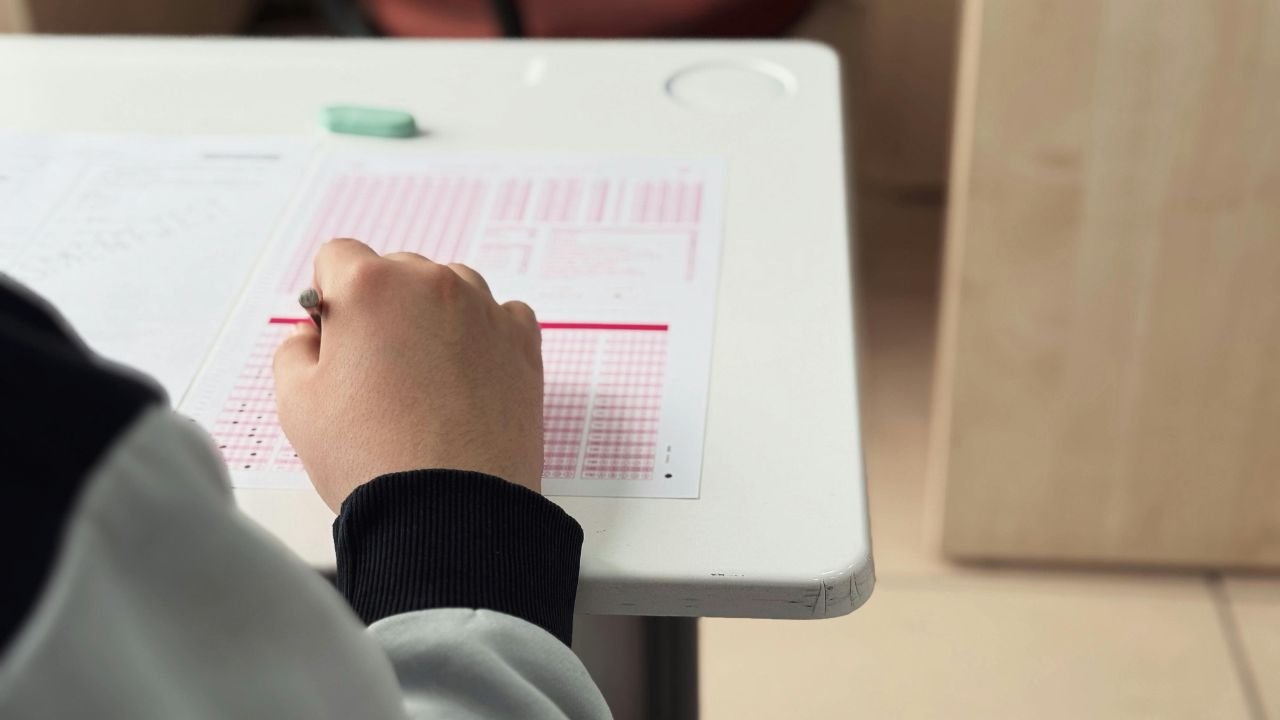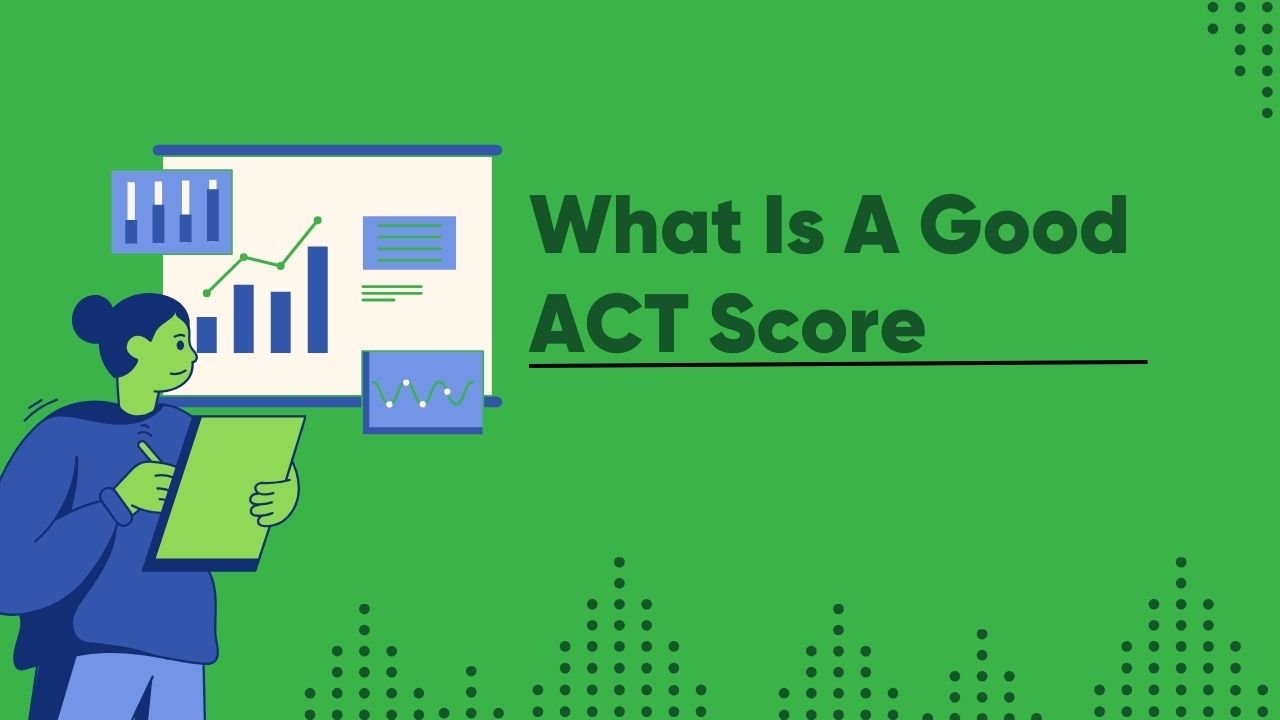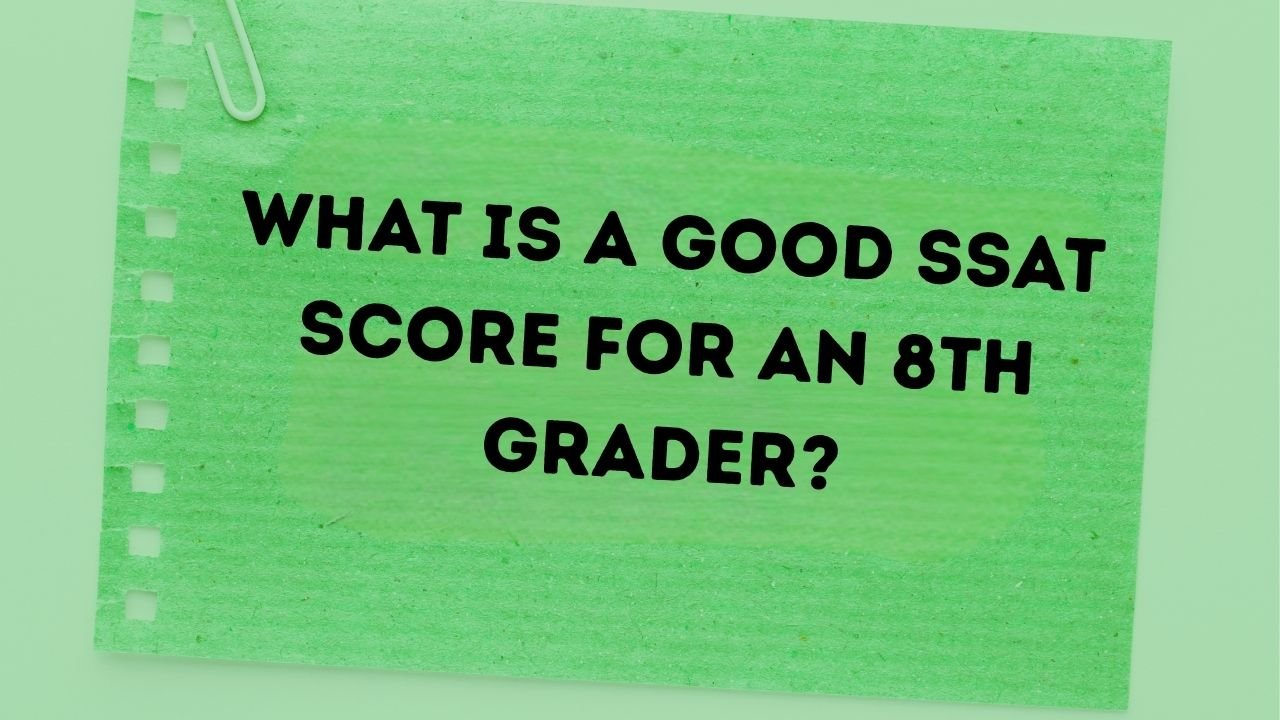Understanding how to prepare for 9th grade over the summer can be a great way to prepare for high school studies effortlessly. Students aiming to study for high school, especially for 9th grade, may feel overwhelmed due to high school study stress. No, we are not asking students to just stick to their course books or practice tests during summer holidays, but to approach it more rationally. In this post, we will guide you about preparing for the 9t grade during the summer holidays. Keep reading the following.
Key Takeaways
- Build strong reading and writing habits early.
- Review key math concepts and learn new foundations.
- Get organized with time, tools, and technology.
- Focus on learning about stress management, setting goals, and developing soft skills.
- Understand the 9th-grade curriculum before the year starts.
- Try extracurriculars to explore interests and build your resume.
Guide on How To Prepare For 9th Grade Over The Summer
Read Widely, Think Critically
Reading is not just about memorizing or passing time, but it can sharpen your brain and build your vocabulary. Most high school courses, such as Biology and History, will require students to read and understand a paragraph. They will have to understand and analyze dense text. Reading widely during the summer builds stamina and fluency.
- What To Read
Fiction, non-fiction, biographies, and opinion pieces. You shouldn’t only read but also annotate. What does the author assume? What is the evidence? Can I explain the main idea in one sentence?
- Start A Reading Journal
A few bullet points per book will reinforce what was read. This habit helps with recall and makes students more active readers.
Write Often and Revise
When students search for how to prepare for 9th grade over the summer, writing is often considered understated. Ninth-grade students write across disciplines. They compare arguments, explain lab results, and write essays. This is why they need to develop their writing skills through practice, not shortcuts.
Set one writing task per week:
Starting a routine shouldn’t be hard. You can start with a personal narrative, a reflection on a book, or a response to a news article. Focus first on clarity, then on structure.
Students should learn to revise. The goal is not perfection, but clarity and control. Have them read their work aloud. They will catch more mistakes and improve rhythm.
Academic Summer Programs for High School Students
Engaging in academic summer programs can significantly enhance a student’s readiness for high school and beyond. These programs offer immersive experiences in various disciplines, fostering both academic and personal growth. Below is a curated list of notable programs available in 2025:
Participating in these programs can provide students with a competitive edge, deepen subject matter expertise, and enhance college applications. At Ivy Tp, we advise reviewing each program’s specific requirements and deadlines to ensure timely and complete applications. You can resort to our High School Admissions Help for further information.
Review Math, But Add Depth
Building mathematical skills takes time. In your 8th grade, make sure you have grasped the concepts of algebra; if not, then review now. Working on that will help you to preview topics like geometry or linear equations. Use structured platforms or worksheets that cover these key areas:
- Linear equations and inequalities
- Systems of equations
- Word problems and logic puzzles
- Functions and graphing
When guiding students about how to prepare for 9th grade over the summer, encourage them to explain their reasoning out loud. This builds not just skill, but understanding.
Learn Study Skills Before the First Test
Time management is key for high school education and college studies. It starts with the standardized tests such as SAT, HSPT, and alike. Time management, note-taking, and organization don’t get taught explicitly in school. But they affect every subject.
Over the summer, students can:
- Use a calendar to plan tasks.
- Experiment with note-taking styles like Cornell or mind maps.
- Declutter their study space, separating digital and offline work.
A useful tip regarding how to prepare for 9th grade over the summer is that students should write a weekly goal and track progress. This habit helps them work towards deadlines and learn from what they miss.
Understand the 9th Grade Curriculum
Many schools publish syllabi or summer assignments. Parents and students should review these materials. Knowing what’s coming helps reduce anxiety and prepare mentally.
Here’s what a typical 9th-grade curriculum includes:
- English: analytical essays, grammar, literary analysis
- Math: Algebra I or Geometry
- Science: Biology or Integrated Science
- Social Studies: World History or Civics
- Electives: art, music, language, tech
Use the internet to check online previews or sample textbooks of possible. Ivy TP offers planning tools that students can use to break large topics into smaller parts without feeling overwhelmed.
Develop Soft Skills that High School Demands
High school is more than academic skills. Students must advocate for themselves, ask questions, and recover from setbacks.
Encourage students to practice:
- Asking for help clearly
- Collaborating with peers
- Reflecting on mistakes
When learning about how to prepare for 9th grade over the summer, these skills prepare them for both school and life.
Join Extracurriculars or Volunteer Work
College is not just about grades and high scores. They value sustained interests. You can use summer holidays to explore hobbies that may lead to long-term involvement. Here is what you can try:
- A local internship or volunteer position
- A sports team, debate group, or coding club
- Creative projects like filmmaking or writing
Make sure to research the National Collegiate Athletic Association (NCAA) even as a first-year student if you’re interested in playing college sports.
For eligibility, you have to take certain core classes in high school. Find out more at the NCAA Eligibility Center. Students who join a group learn time management, leadership, and commitment. These traits shape strong high school careers.
Limit Screens and Add Structure
Do not spend too much time on the screen. This can cause distraction. 9th grade requires focus. Set limits over the summer to help students adjust before school begins.
Use the “block and break” approach:
- Study or read for 45 minutes.
- Take a 15-minute break.
- Avoid multitasking during study blocks.
While doing this, avoid using phones at all. Unless it is an emergency, your phone should be in another room to reduce distractions.
Balance Downtime with Purpose
Rest matters. Students should not feel they need to study all summer. Instead, combine purposeful activities with free time. A healthy mix helps retain energy when the school year starts.
A simple weekly plan could look like:
- 2 days of academic tasks
- 1 day for extracurriculars
- 2 days of complete rest
- Weekends for family or exploration
This rhythm helps students build a routine without stress.
Conclusion
Learning how to prepare for 9th grade over the summer involves a multifaceted approach encompassing academic reinforcement, skill development, extracurricular exploration, and personal growth. By proactively engaging in these areas, students can transition into high school with confidence, readiness, and a solid foundation for future success.









